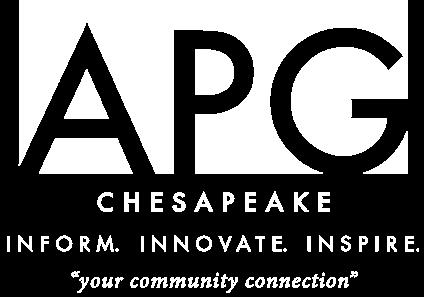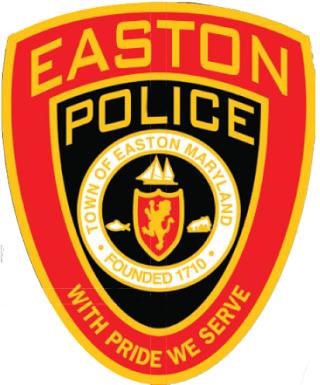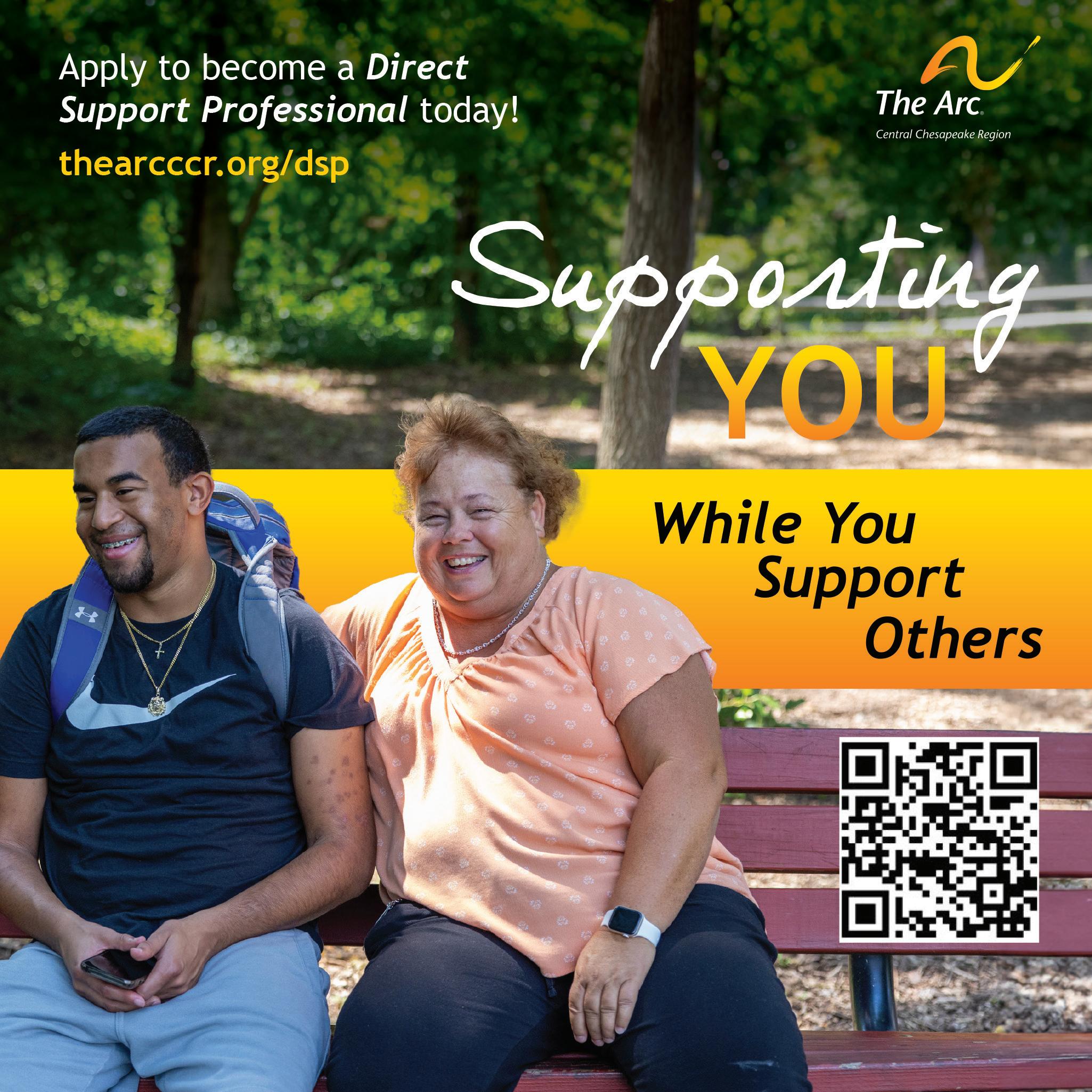






We all love tweeting, liking and sharing. But for job seekers it is important to realize that friends and family members aren’t the only ones with access to our online lives.
Checking a prospective employees’ social media activity is one of the first things that many hiring managers do before even reading his or her resume.
Posts and pictures are public information and can be used to either bolster or bust your chances of getting called for an interview.
Vulgar language and lewd pictures aren’t exactly what you want your potential employers seeing when they conduct an internet search of your name.
This doesn’t mean you have to post only job-related information and career goals onto your Facebook wall or Twitter feed. Prospective employers actually like to read about your home life and opinions.
Find the right balance and post consistently to maintain a strong presence.
If you opt to ditch social media altogether, deleting your personal page from

many sites can take up to a few months.
To expedite the process, email the sites’ customer support team to find out how long of a period, if any, there is to wait out after you decide to scrap your account.
Most companies will respect your urgency and work hard to resolve your issues.
Let your friends know that you are on the job market. Tell them that you are toning down all social media action and to not list anything offensive on your home pages.
Hiring managers can read messages from you and your friends alike, so covering all of your bases can serve you well when trying to boast a clean online presence.
Many social media sites are venturing into the job-posting market. LinkedIn serves as a one-stop shop for recruiters and job seekers alike to find new job listings and to connect with other professionals.
If you’re only active on Facebook, why not add Twitter, Instagram and LinkedIn accounts?
A well-rounded social media approach shows your familiarity with emerging technology and your comfort level with computers.

Apply online from an yloca tion with internet access:
recruiting for full-time, part-time, hourly,& seasonal jobs

Crea te an account, check the sta tus of your applica tion, get notified when new jobs become available
Please contact the Department of Human resources with anyquestions regarding job postings at smchr@stmar yscountymd.gov or at 301-475-4200 ex. 1100.
ACCESSIBILITY NOTICE: If you need areasonable accommodation for anypart of the emplo yment process due to aphysical or mental disability contact the number listed above.
*including Mar yland Sta te Pension
*St. Mar y’sCounty Government only accepts online job applica tions. Computer access is available at all St. Mar y’sCounty Public Librar ybranches.

$60,829
• 100% Tuition Reimbursement
• ComprehensiveHealth/ Dental/Vision Coverage
• CompetitiveRetirement Options
• Paid Salar yDuring Academy/Field Training





In 2010, 41 percent of job seekers said they landed a job through good, old-fashioned networking. Effective job searchers can be enhanced by hitting the phones, sending emails and meeting face-to-face with influential business leaders – even if they are not hiring at the time.
In fact, many vacant job opportunities are never even advertised. So while the majority of job seekers are monotonously searching internet job boards and newspaper ads, it is important for you to mix networking strategies into your approach.
Networking is based on utilizing the people you know to uncover other relationships that
could benefit you in the long run. Start with your friends and family members, and ask them if they have heard of any job openings. They will be happy to ask around, as well, and pretty soon you could have an army of job hunters on your side.
Extend your networking efforts online, as well, with the help of sites like LinkedIn. These networking tools can help you easily identify company’s hiring managers and all of the people connected to them. Make some cold calls or send your resume through email with an introductory message. Proactive beats reactive for any job search.
Especially if you are jobless and are actively seeking employment, it is important to wake
up every day ready to make connections. Having a goal to make 100 new connections per month through phone calls, emails or face-to-face interactions can help keep you build an impressive network.
Put on your best outfit and head downtown. Local businesses are more likely to fill their professional openings with local talent, while larger corporations usually hire internally or bring in workers from other franchises.
Walk into businesses casually but with purpose and ask for the hiring manager. Let him and her know a little bit about yourself and leave your business card.
Be sure to select non-peak times of the day, as you want managers to fully focus on you and what you can bring to the table.
As important as a strong resume is to your career trajectory, a well-crafted cover letter can open just as many doors.
The cover letter is generally the first thing read by recruiters and can help set you apart — either positively or negatively. Treated by many job seekers as a generic, mundane part of their search, the cover letter can serve as a vital marketing tool if done correctly.
You never get the second chance to make a first impression. As cliché as that sounds, it is true when it comes to catching the attention of hiring managers. If nine out of 10 cover letters start with the line, “I am writing in response to your vacant position,” then why not be the one to go against the grain with a strong, unique opening statement?
A memorable cover letter can be just as important as a keyword-laden resume.
Nothing puts recruiters to sleep more quickly than a full page of paragraphs.
Accentuate your key accomplishments or job responsibilities by breaking them out into bullet form. By just separating three or four of your shining qualities, you can greatly help the flow of your cover letter. But do not just list a set of skills. For each attribute, explain how you have utilized it to make a difference for past employers.
Hiring managers want to see not only what you can do, but also what you have done.
Not all cover letters are created equal. Experts urge job seekers to customize their cover letters to match descriptions of jobs for which they are applying.
Much like the keyword strategy in
resumes, cover letters are more effective if they are similar in tone and language to your prospective employer’s needs.
Avoid copying text from a job description and pasting in to your cover letter.
Instead, select specific skills and experience that is required for the job, and strategically integrate similar language.

Have you heard the term “brag book?” Think resume but with more emphasis on specific achievements and projects. While your resume should stick to the traditional format of summary, professional experience and education, your brag book offers a chance for you to be a bit more creative.
Brag books are particularly important to sales professionals because they are a great place to highlight detailed, revenue-focused information that your resume may not have room for.
Remember that your brag book should serve one purpose: getting hired. The right information presented in a professional way
could make the difference in landing the job or securing new clients for your business.
Here are some things vital to every brag book:
• Data: Quantifiable achievements should pop off the pages of your brag book. Numbers never lie, especially if you are in the sales or marketing industries. How fast did you grow a specific territory? How much revenue did you generate in each of the last 10 years of your professional background? Work with a local graphic designer to present this information in info graphic format like pie graphs or charts. Creativity will take your brag book to the next level.
• Testimonials: Let others do the talking for you. Recruiters and hiring managers are more apt to believe the words of others when it comes to
describing your key skills and achievements. Ask a few colleagues or past employers to write up a nice paragraph on you. Your brag book won’t be complete without these important components.
Don’t let the word, “book” throw you off. This should not be a 20-page novel about your career and personal attributes. Look online for crisp, sharp formats that will resonate with recruiters and hiring managers.
If you’re looking for a branded brag book, work with a local graphic designer to handle the development of a personal logo or letterhead. The more professional your materials, the bigger better the impression you will make on your reviewers.

Once you have created your brag book, it’s time to make it work for you. Instead of sending it out with your resume, keep it in your back pocket for when interview time comes around. Once you secure an interview with a prospective employer, email your brag book as a supplemental document.
Let your potential hiring manager know that you wanted to share an additional document ahead of your meeting. They will be impressed by your initiative and will appreciate the level of detail in your approach. When you’re battling tough competition for a new role, every

Being handed a pink slip is no move, but how you handle your advance your skills so you can maybe it’s simply time for you
Losing your job is difficult. It can impact you emotionally and financially, and put you in a tough position with hiring managers and recruiters. This is the time to surround yourself with positive influences in your life to keep you from getting stuck in a rut.
Financially speaking, it’s important to understand how long you can go without a job and still remain in good fiscal health. Check out all of your bank accounts, credit cards and retirement accounts. Assess your situation and put together a plan that keeps enough cash in the bank while also not maxing out your credit cards.
position you for greener pastures ahead.
Your first instinct may be to find a new job as quickly as possible — and that’s completely understandable. Another route is to give yourself a little time to process and react to the situation.
A trip to the Bahamas may not be the most financially conservative thing to do, but take a mini-vacation to a local campground or a relative’s home to unwind. This time of reflection can be vital to help strategize your next moves.
It’s true that a layoff can be a red flag to recruiters and hiring managers. They may see an end in employment on your resume and immediately judge you as a poor performer or dispensable employee.
It’s up to you to set the record straight. Be upfront with interviewers if you lost your job due to the company restructuring or it cutting jobs due to a drop in business. If this was the case, consider asking for a letter of reference from your past employer. This explainer document can go a long way toward easing the concerns of your next potential boss.
